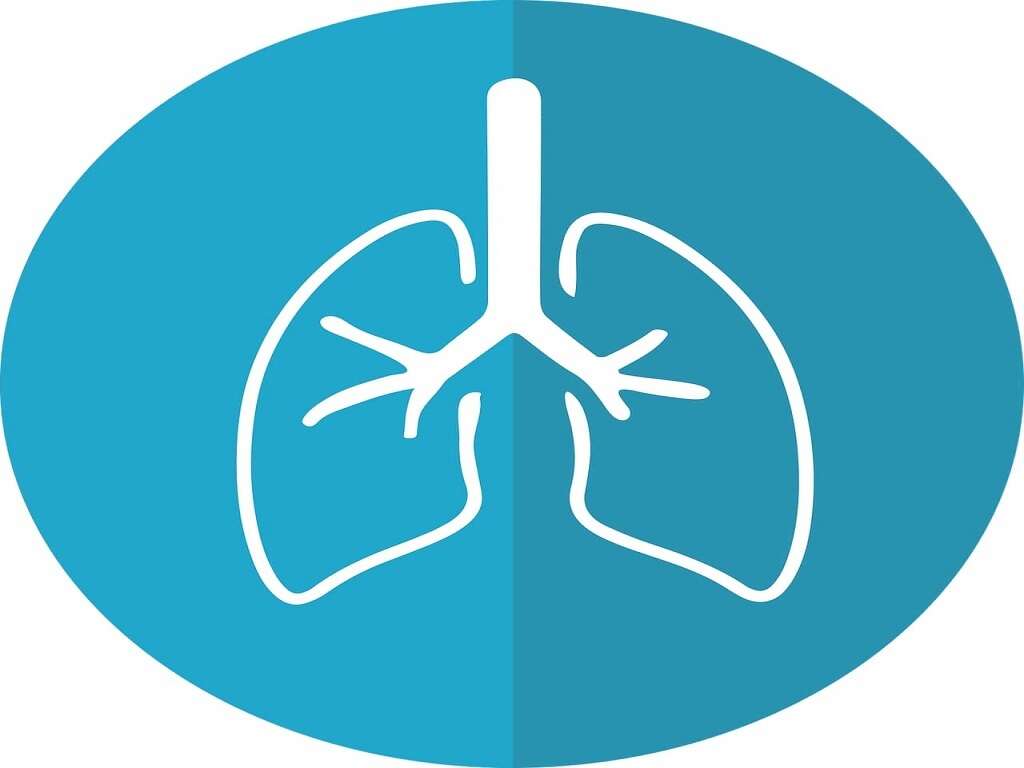Ageusia Causes, Treatments & More
 Article Sources
Article Sources
- 1. Bhandare, Nikhil N, et al. 'Diabetic Tongue - Could It Be a Diagnostic Criterion?' Journal of Family Medicine and Primary Care, Medknow Publications & Media Pvt Ltd, July 2014, www.ncbi.nlm.nih.gov/pmc/articles/PMC4209693/#:~:text=Diabetes mellitus (DM)
- 2. McConnell RJ;Menendez CE;Smith FR;Henkin RI;Rivlin RS; 'Defects of Taste and Smell in Patients with Hypothyroidism.'The American Journal of Medicine, U.S. National Library of Medicine, pubmed.ncbi.nlm.nih.gov/1163545/
- 3. 'Tongue Problems.' Tongue Problems | Michigan Medicine, www.uofmhealth.org/health-library/sig258564.
- 4. Ask the Doctor: 'Is My Blood Pressure Medicine Changing My Ability to Taste?' Harvard Health, 24 Sept. 2019, www.health.harvard.edu/newsletter/article/ask/the/doctor/is/my/blood/pressure/medicine/changing/my/ability/to/taste
- 5. 'Taste Disorders.' National Institute of Deafness and Other Communication Disorders, U.S. Department of Health and Human Services, 14 Dec. 2020, www.nidcd.nih.gov/health/taste-disorders
Glossitis
Glossitis is usually a harmless condition. It can cause the tongue to swell and change color. The small bumps on a person's tongue known as papillae may also disappear. This could lead to a loss of taste as the papillae contain thousands of minute sensors called taste buds.
Glossitis can be caused by several factors, including food, certain medications and irritants. The virus that causes cold sores and blisters around the mouth, herpes simplex, is another possible cause.
Advertisement











